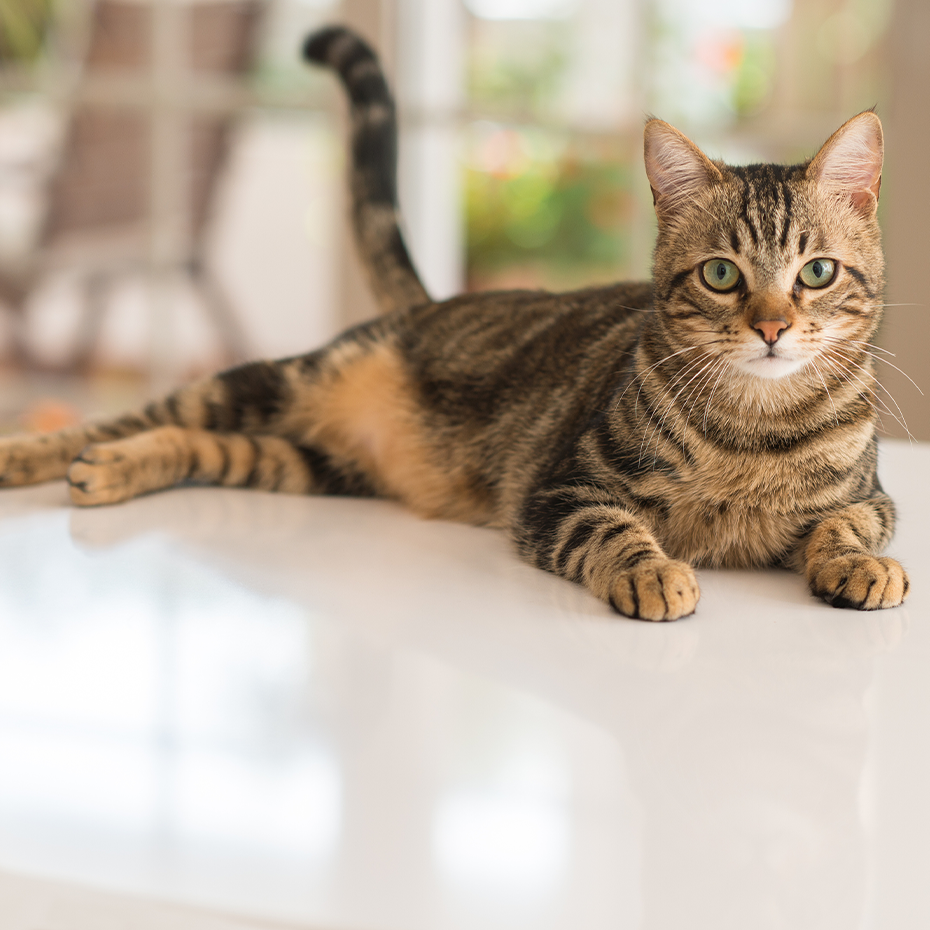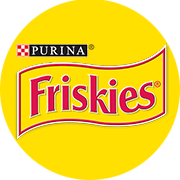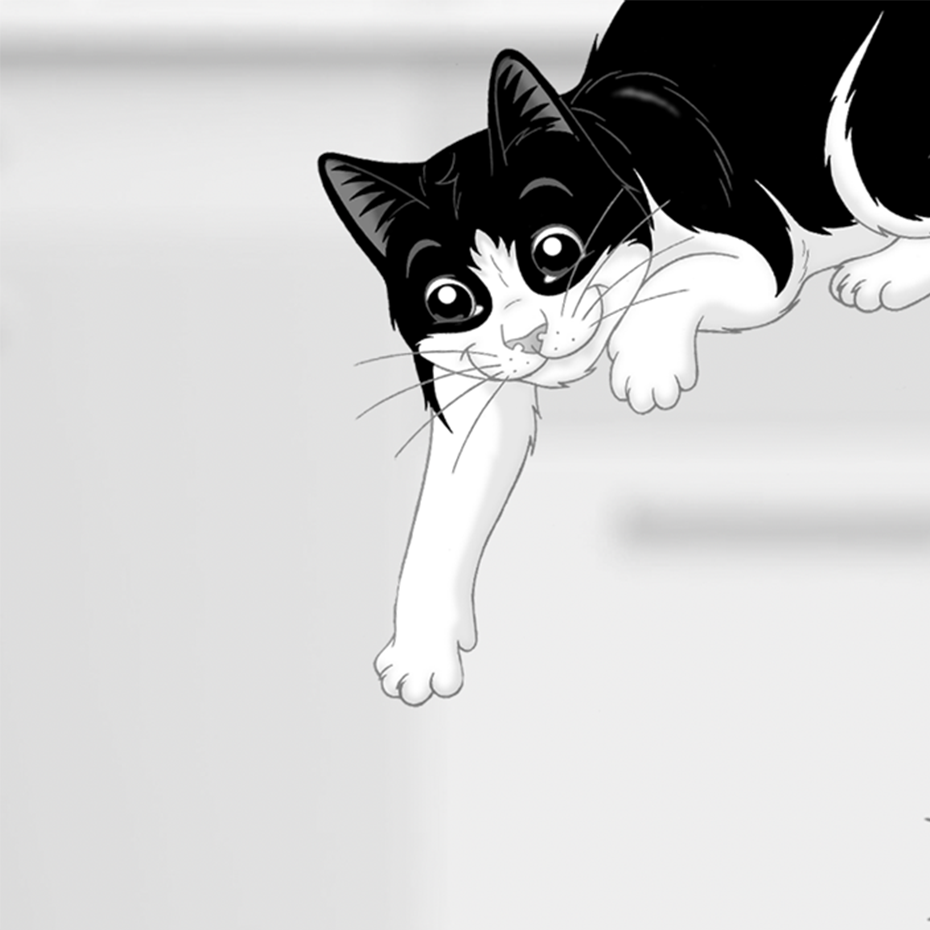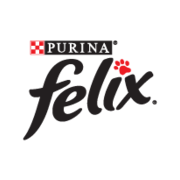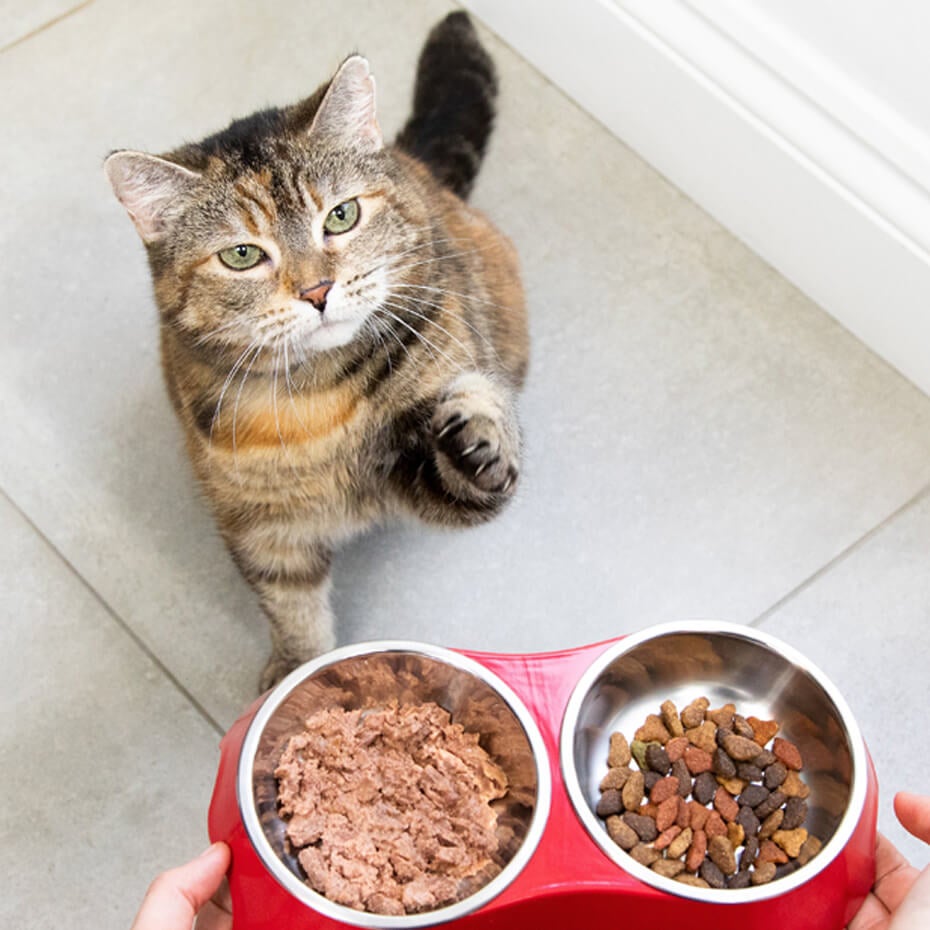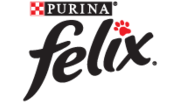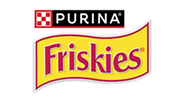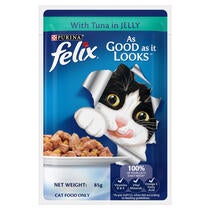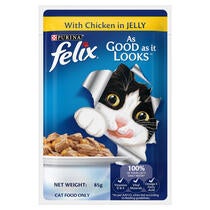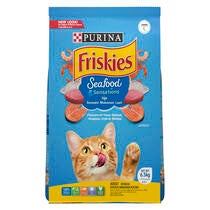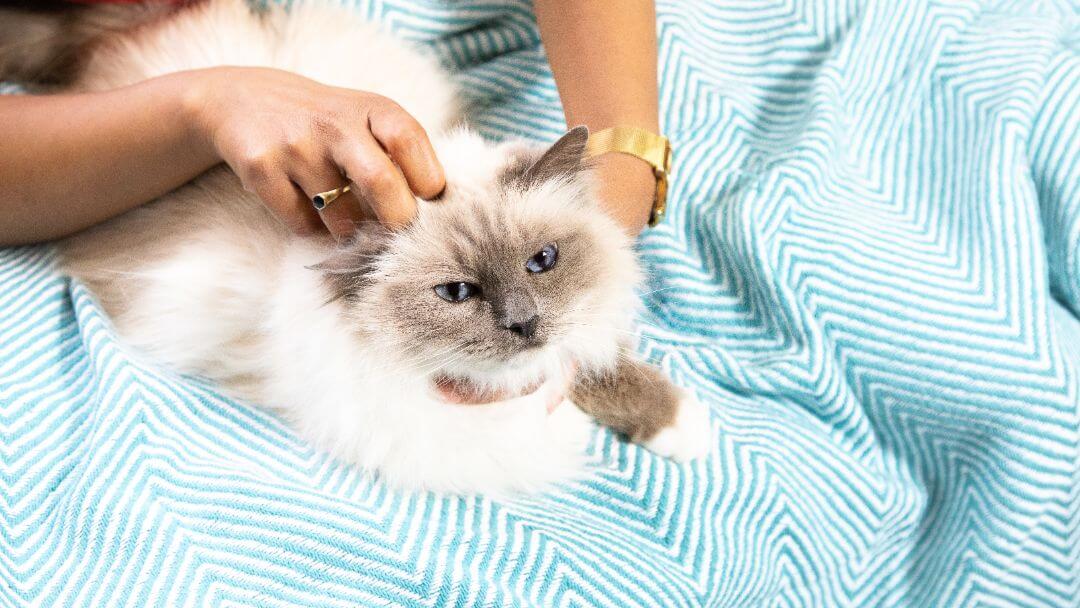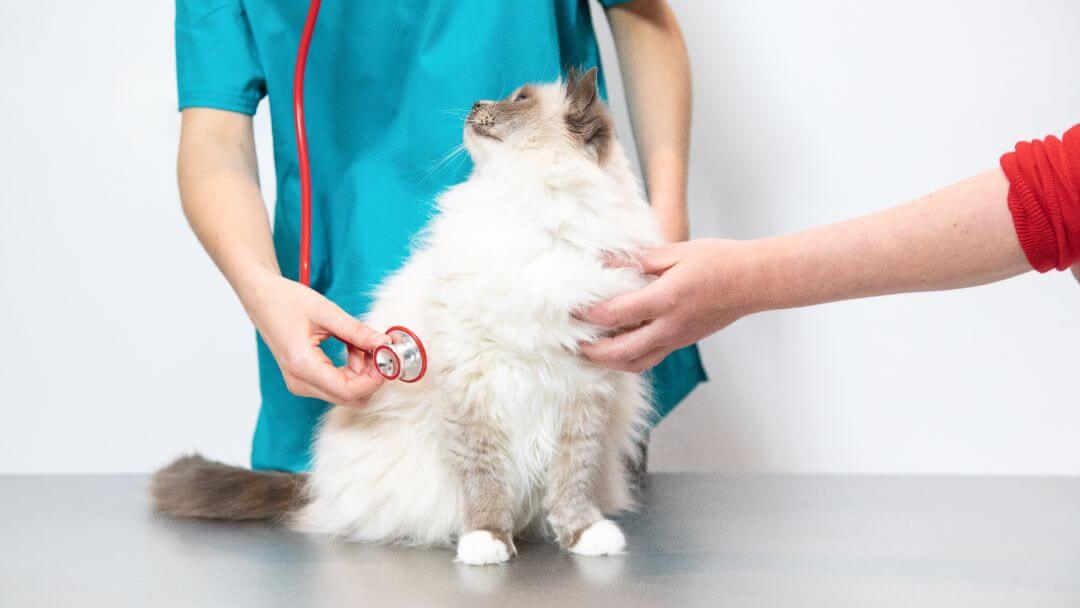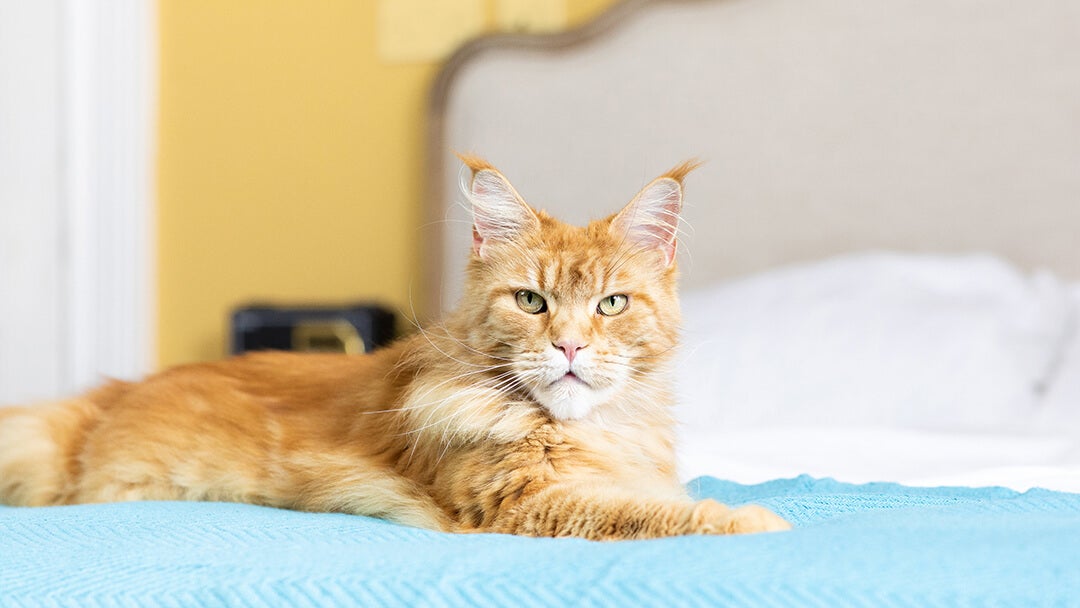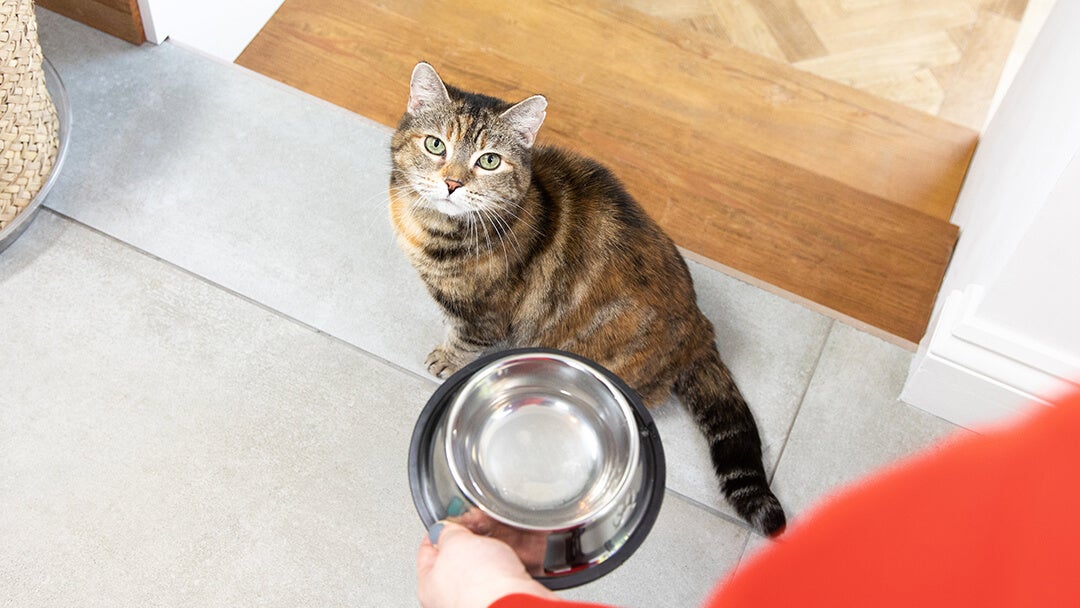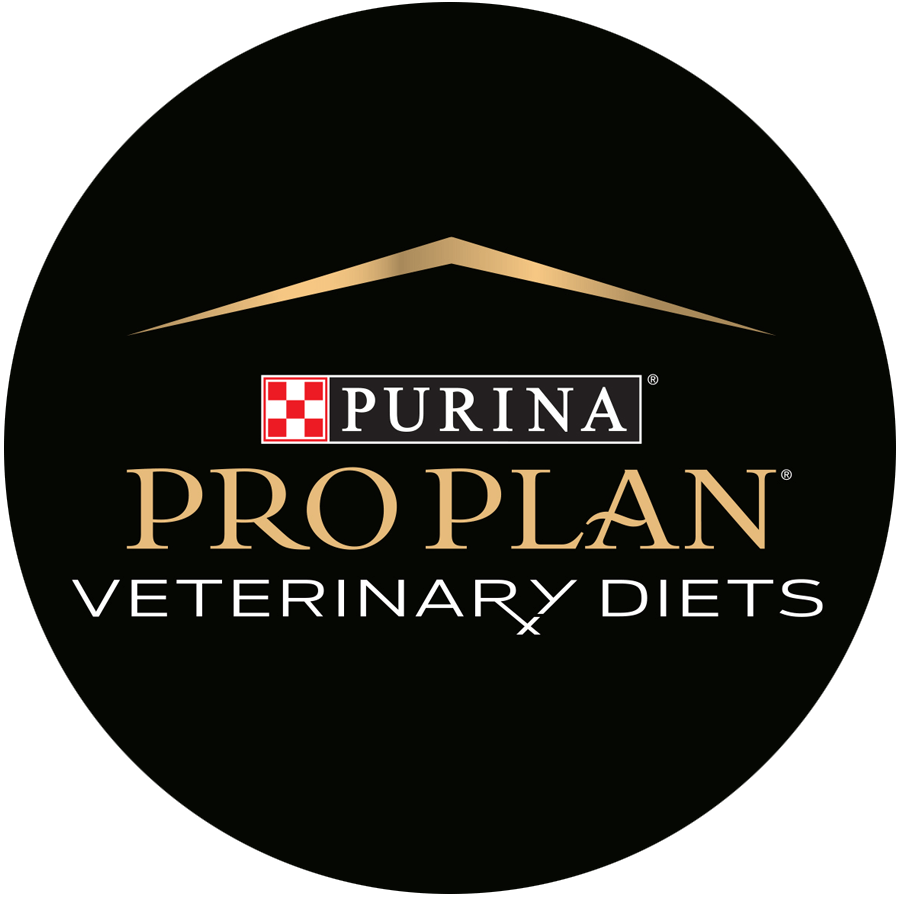
Just like their personalities, each cat’s dietary needs are slightly different – and sometimes, this means they need an altogether different kind of food. Luckily, there are lots of options to choose from.
Over the past twenty years some great high quality, specialised pet food formulas have been created for animals with particular needs. For example, Purina has its own range of prescription diets that your vet might recommend if your cat has a condition that would benefit from dietary management.
Whatever you go for, some of these pet foods support treatment over a limited period of time (until the condition is resolved), whereas other special food for cats are designed to help your pet for life (for example, if they have a chronic condition). From cat weight loss formulas to diets for cats with sensitive digestion and more, there’s plenty out there to meet their special requirements.
Medical conditions and special diet cat food
If your cat has a medical condition, special diet cat foods may be able to help. Modern veterinary treatments involves a lot of ‘dietetic’ foods: these are therapeutic or functional diets designed to help your pet by using tailored nutrition.
If your cat is prescribed a special diet, their food will contain the optimal balance of nutrients they usually need, whilst also satisfying those special dietary requirements.
Veterinary recommended cat food diets can offer nutritional support for cats suffering from:
- Food allergies or sensitivities
- Dermatitis and inflammatory skin conditions
- Gastrointestinal conditions such as inflammatory bowel disease, constipation, vomiting and diarrhoea
- Diabetes mellitus
- Chronic kidney disease
- Urinary and bladder conditions
- Liver disease
- Congestive heart failure and high blood pressure
- Clinical obesity
Overweight cats
As a nation of cat lovers we of course enjoy treating our pets to whatever they want, but sometimes we can go a little too far when it comes to feeding. Experts believe that one in three felines in the UK are overweight or obese. The cause itself is fairly simple – cats become overweight when too much energy enters their body, but not enough energy leaves. In other words, they consume more calories than they burn off when exercising, so the rest is stored in their bodies, leading to excess weight.
Helping your overweight cat
The problem of excess weight in your cat can be tackled by looking at the same two things – energy ‘in’ (the food they eat) and energy ‘out’ (how much playing, chasing and other running around they do). Simply feeding overweight cats less of their normal food isn’t a good solution, even though it seems logical, as your cat may not get the right level or balance of nutrients. A special diet for cat weight loss will ensure your cat stays nourished and loses weight, whilst still eating a yummy, satisfying volume of food!
If your cat is overweight the most important step is to look at their overall food intake each day, including the treats and extras that are sometimes easy to overlook. It’s fine to give your cat the well-deserved occasional treat, but remember to reduce their meal accordingly, or play with them for an extra amount of time so they’re still getting and spending enough energy!
It helps to also check your cat’s body condition score on a regular basis to make sure they’re always in tip-top condition.
Indoor cats
If your cat lives exclusively indoors, they can be just as healthy, happy and long-lived as any ‘outdoor’ cat. However, because their space is more restricted than it would be in the great outdoors, there is less opportunity for exercise.
This is why it’s important to spend lots of time playing with your cat and encouraging them to run around, explore, and have fun on all four paws – not such a hard job when they’re so much fun to be around!
As well as this, special food for cats designed for those that live indoors are generally higher in protein and lower in fat, with additional nutrient adjustments designed to help keep them in peak condition. As well as being tasty for your feline friend, high protein cat food should also help keep them healthy.
Your indoor cat might also have more of a problem with troublesome hairballs than their outdoor cousins. (This might be because they have more time to spend grooming, or just that you notice them more because you find them all indoors!) Whatever the cause, many specially formulated indoor cat foods also include additional fibre, as well as prebiotics and probiotics. These things help your cat maintain a healthy gut, as well as moving hairballs through their digestive system with more ease.
These added ingredients in special diet cat food can also help to reduce litter box odours, which is a bonus for both you and your cat!
Allergies
It’s actually very rare for your pet to have a ‘true’ food allergy or intolerance – in fact, they’re found in about 0.1 percent of cats and dogs! However, if your cat does have a food allergy, it can of course be distressing. 97% of these allergies result in skin symptoms, while 10-15% result in tummy upsets – but either of these things also have other causes, so see your vet before making a diagnosis!
If your vet thinks your cat has a food allergy, they will carry out a food elimination trial - most allergies are triggered by proteins in a food. This involves putting your cat on a highly restricted cat food diet, such as a ‘hydrolysed’ diet or a ‘novel protein’ diet for a six to twelve weeks, then gradually introducing single protein sources to find the trigger.
Just like in humans, food allergies occur due to an abnormal response in your cat’s immune system, not because of the food itself. For example, a peanut allergy in humans doesn’t occur because peanuts themselves are dangerous, but the person’s unusual response to the nut is. Similarly, manufactured cat food doesn’t contain harmful ingredients, but your cat’s allergic reaction might mean a change is needed.
